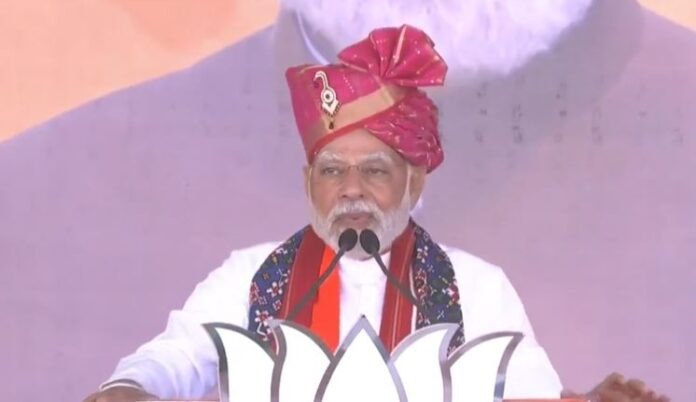While celebrating its 75 years of independence, India he assumed the presidency of the G20 at a particularly delicate moment for international relations. The Russian invasion of Ukraine marked the previous presidency, that of Indonesia, although the Indonesian president, Joko Widodo, declared himself satisfied with the results obtained, in particular with the initiatives agreed at the Bali summit, including 226 multilateral projects with a total value of 238 billion dollars and 140 bilateral projects with a value of 71.4 billion dollars. The war in Ukraine continues and other scenarios of tension are still open in Asia: in the Korean Peninsula and in Taiwan, despite the recent meeting, right on the sidelines of the G20 summit in Bali, between the presidents of China and the United States, Xi Jinping and Joe Biden. Geopolitical turbulence is accompanied by economic turmoil, in a global system already weakened by the coronavirus pandemic, and by the climate crisis.
This is the situation that India, an emerging world power, inherits as it ascends to the most important international stage, given that the Group of 20 accounts for about 85 percent of gross domestic product, 75 percent of trade and the two thirds of the world’s population. A key player in the crucial Indo-Pacific arena, India has friendly and growing ties with many of the most powerful member countries, but not with China, with which a border dispute has rekindled for over two years that is not still been resolved, despite the parties’ commitment to dialogue and to implement concrete steps for détente. Their positions, however, are not far apart on Russia, which has received no condemnation from either New Delhi or Beijing for its invasion of Ukraine. India, like China, has expressed concern, especially about the nuclear risk, and has called for respect for the United Nations Charter, the sovereignty and territorial integrity of all states. Indian president Narendra Modi let it be known that he said to the Russian, Vladimir Putinthat this must not be “an era of war”, a phrase later taken up in the closing declaration of Bali.
“Today we don’t need to fight for our survival. Ours doesn’t need to be an era of war, on the contrary: it doesn’t have to be,” Modi reiterated today in an editorial published by various international newspapers. Aware that, however, this is an era of conflict, the Indian prime minister launched the Indian presidency with an invitation to overcome, for the benefit of all humanity, the mentality of opposition in which the global community is “unnecessarily trapped”. Modi recognized the achievements of the previous 17 presidencies, urging to take further steps forward and ambitiously offering the contribution of India, its spiritual traditions and its multifaceted cultural heritage, its democratic order and its technological progress “just to the end to promote cohesion and harmony among nations”. At the same time Modi spoke as a leader of the “Global South” in calling for development, openness, inclusion and sustainability.
“One land, one family, one future” is the theme chosen by the government of India for the presidency. The concept takes up that of a Hindu teaching: “The world is a family”, transmitted by an ancient Sanskrit text (“Maha Upanisad”). The logo depicts the national flower, the lotus, colored with saffron and green – the colors of the flag together with white – and juxtaposed with planet Earth. “Healing our Earth, creating harmony in our family and giving hope for our future” are the declared priorities. Over the next 12 months, India will try to promote “sustainable development and lifestyles”, a depoliticisation of the “global supply chains of food, fertilizers and medicines” and to “encourage an honest conversation among the most powerful countries on mitigation of the risks posed by weapons of mass destruction and on improving global security”.
With a view to broad participation on a national scale, the G20 events – around 200 meetings on 32 thematic areas – will involve many cities in India, in addition to the capital New Delhi. After the information meeting on 26 November in Swaraj Dweep, in the Territory of the Andaman and Nicobar Islands, to which the ambassadors and representatives of international organizations were invited, the first appointment will be the meeting of the sherpas, in Udaipur, in the State of Rajasthan, from 4 to 7 December. However, the date for the final summit has not yet been set. Over the next 12 months, India will collaborate above all with Indonesia and Brazil, which has joined the so-called troika formed by the country president, by what preceded him and what will succeed him.
Read also other news about Nova News
Follow us on the Nova News social channels on Facebook, Twitter, LinkedIn, Instagram, Telegram
G20: the presidency passes to India, a rising power and voice of the southern hemisphere

